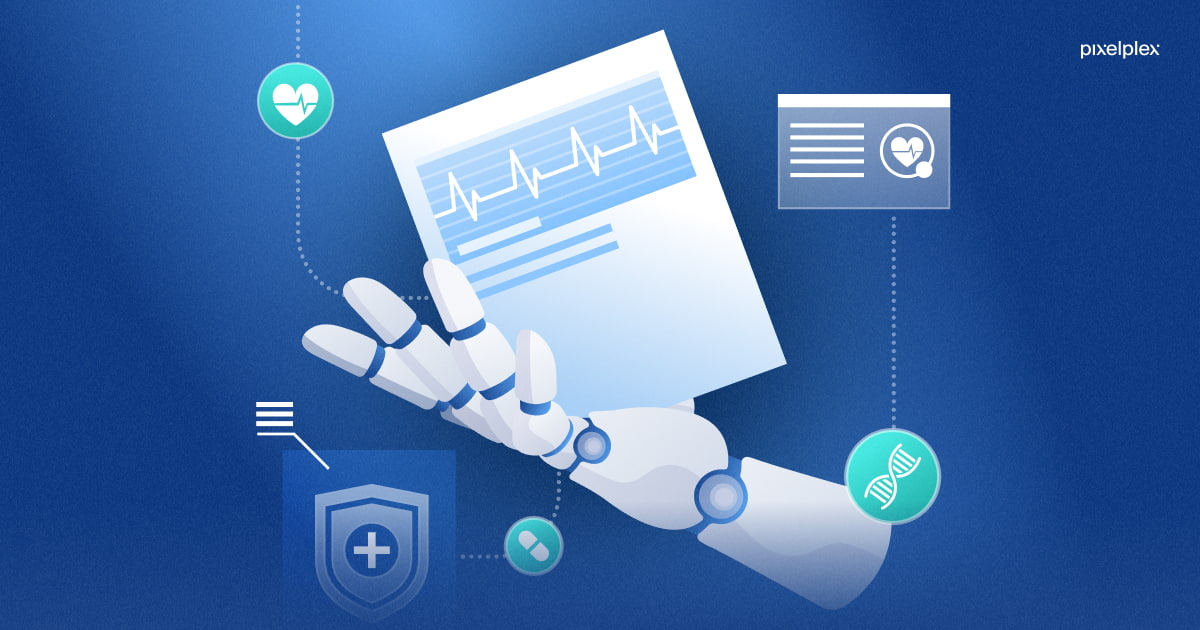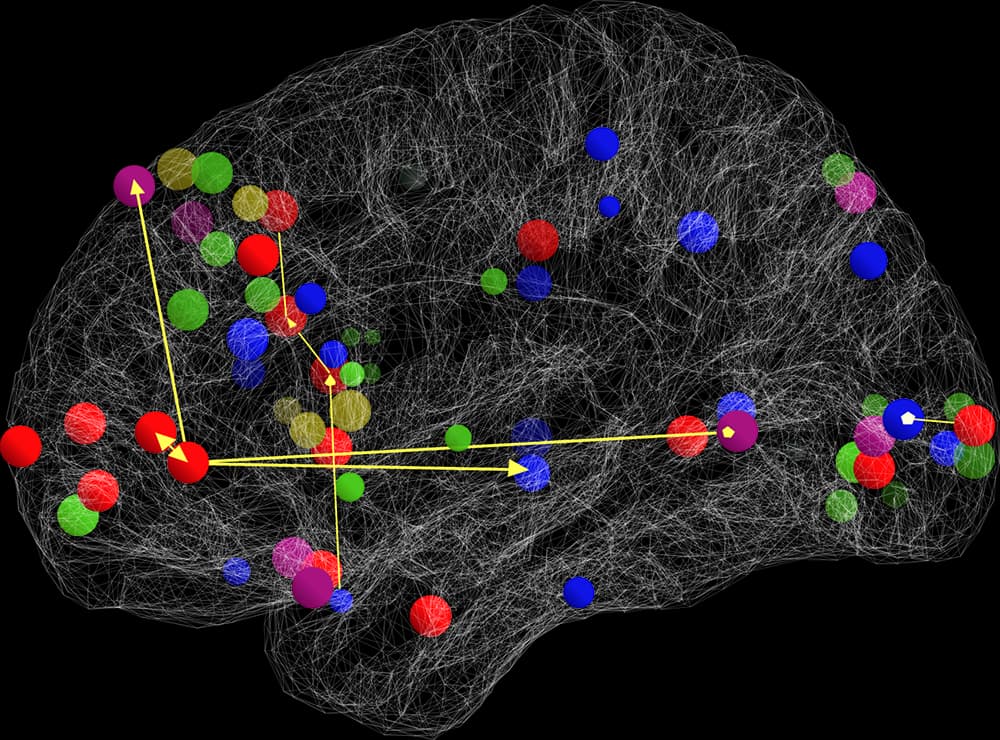The healthcare industry is among the more prone sectors of the world. With the responsibility for the world’s health on their shoulders, they need all the assistance they can get. The pandemic of 2019 was a clear indicator of the abysmal state of the industry and how much catching up it must do, especially when it comes to tackling emergencies. Any mishap can essentially cripple the healthcare system in almost every country of the world. So, it is also an industry that is more willing to transform and, therefore, has been quick to leverage generative AI technology to its advantage.
The scope of work that generative AI can do for the healthcare industry is huge. So, in this post, we are going to cover some of the applications of generative AI solutions in this industry. It might inspire you to create a new yet-to-be-seen solution.
How Do Generative AI Technology Impacts Healthcare Industry?
Generative AI solutions have a range of applications in the healthcare industry. From operations to customer services and overhead tasks, all elements of the healthcare industry can benefit from the introduction of AI services.
Currently, all stakeholders in the healthcare industry are looking for ways to leverage the latest technology. It includes insurance companies, hospital administrators, and others. Custom generative AI technology development can lead to innovative solutions for the healthcare industry.
It is such a promising application that as per one report, AI in healthcare market is expected to reach $1.3 Trillion by 2032.
9 Applications of Generative AI Technology in the Healthcare Industry
The use of generative AI development has already resulted in various solutions that are playing a major role in improving the healthcare industry as we know it. Here are some of the several use cases of generative AI solutions in the healthcare industry:
1. Medical Imaging Analysis
Generative AI solutions are already assisting radiologists and other lab techs identify and diagnose diseases based on X-rays, MRIs, and CT scans. It can also identify early signs of diseases in patients for better care.
2. Assistance with Drug Discovery & Development
Pharmaceutical research is also benefiting from generative AI solutions development. These AI models can create chemical compounds with needed properties and analyze molecular structures and biological data like efficacy and safety profile. The technology allows quicker turnaround time for medical development.
3. Personalized Medicine
Generative AI is also allowing healthcare centers to offer more personalized medicine based on electronic health records, clinical notes, and genomic information. The personalized treatment plan leads to better care while reducing the adverse effects.
4. Insurance Optimization
Generative AI technology is also playing a role in making insurance processes more streamlined. It includes prior authorization and claims processing. These tasks were more time-intensive and costly for the patients. However, with the current authorization verification processes, it takes less time.
5. Streamlining Healthcare Operations
The administrative tasks associated with healthcare operations are extensive and reasonably so. They are the difference between life and death in certain cases. With the new technology, it is possible to enhance 40% of healthcare providers’ working hours. It can assist with transcribing, optimizing appointments, reviewing medical insurance, patient feedback surveys, and more.
6. Virtual Assistance and Chatbots
Virtual assistants and chatbots allow for a better patient experience, offering conversational interactions that are integrated with an electronic health record system to manage scheduling, rescheduling, appointment cancelation, waitlist joining, and more without the need for human intervention.
7. Restoration of Lost Capabilities
Generative AI services also have the potential to restore lost capabilities like speech and movement by analyzing brain signals. Bioelectronic medicine has the potential to give paralyzed individuals the chance to regain movement or sensations.
8. Risk prediction of pandemic Preparedness
The use of artificial intelligence allows for early detection and surveillance to proactively search for infectious diseases that can turn into a pandemic. Predictive analytics can help with hotspots of disease outbreaks. Additionally, the technology can help with vaccine development optimization, make supply chain better, facilitate better communication and resource allocation in such situations. Lastly, the technology can assist with scenario planning, enabling better strategizing and offering a more proactive and flexible approach.
9. Medical Training and Simulations
Generative AI also helps facilitate lifelike simulations using diverse health scenarios, offering students and professionals a risk-free training opportunity. This way, the students can practice their skills and improve their knowledge in a safe environment.
Generative AI Technology – Creating a More Robust Healthcare System
From the above applications, it is clear that generative AI technology has the potential to change the way healthcare industry works. However, how each company is leveraging the technology can vary depending on the pain points they want to address and their overall requirements.
Get in touch with generative AI development company to learn how you can address your organizational issues using the latest technology and be among the innovators of the world.




